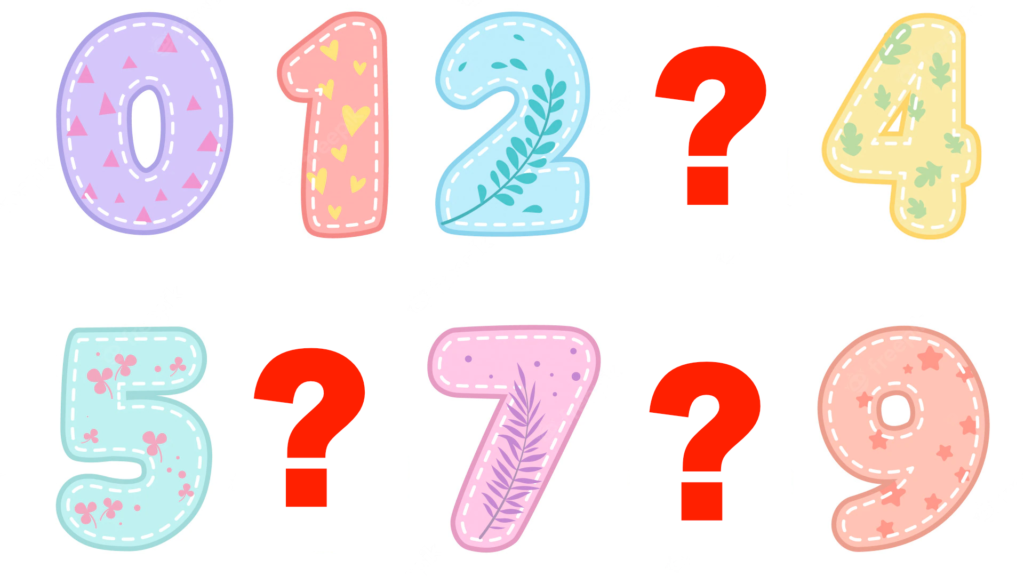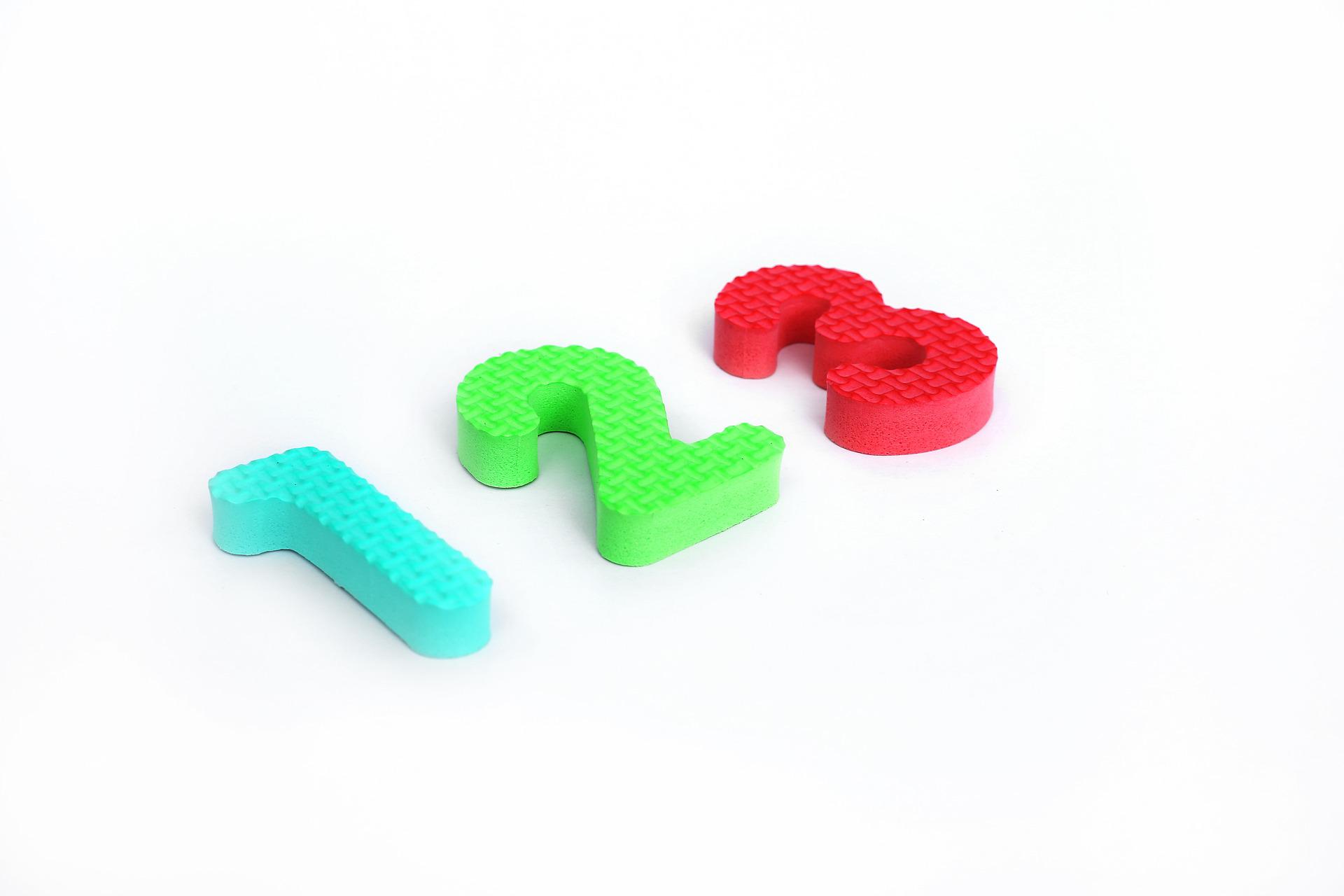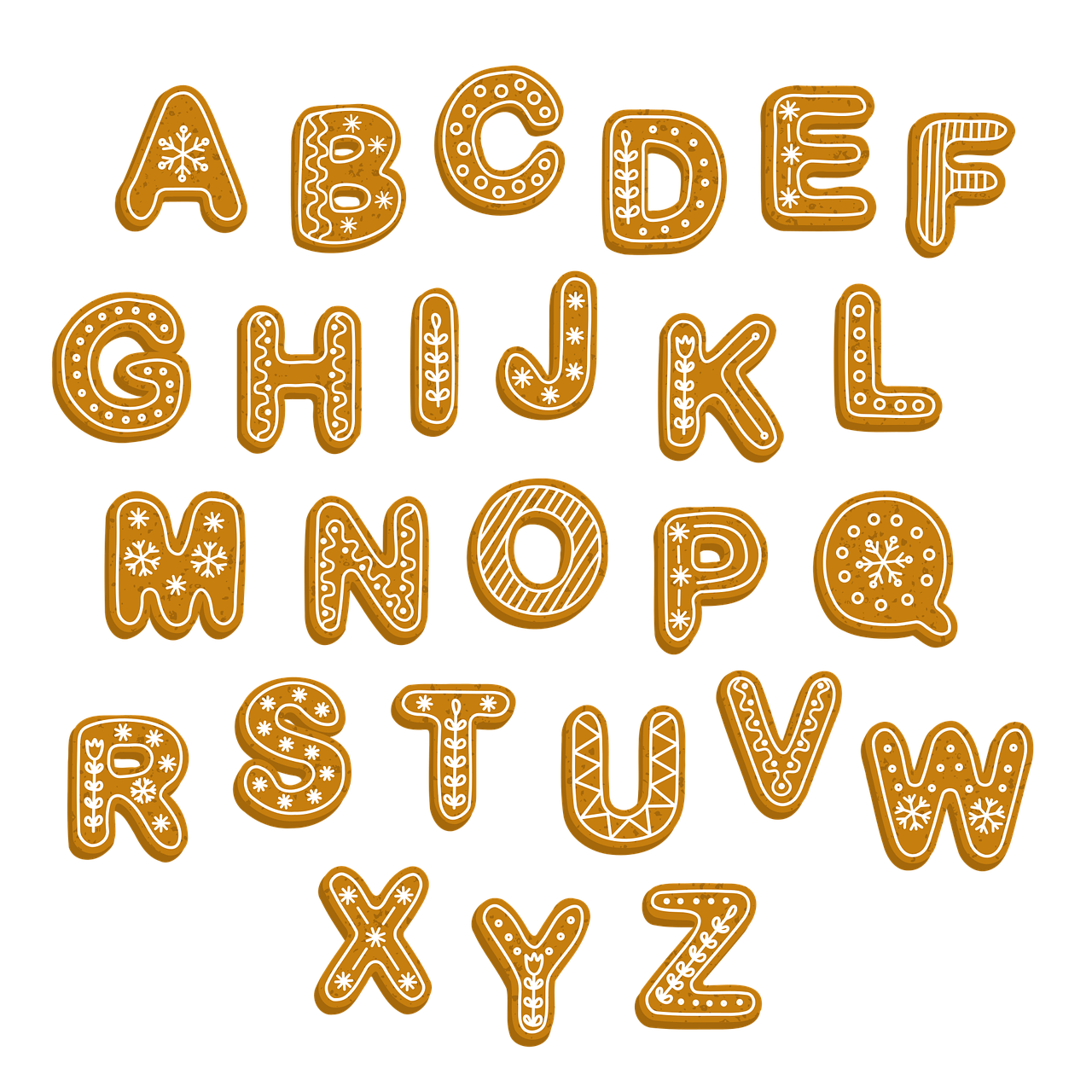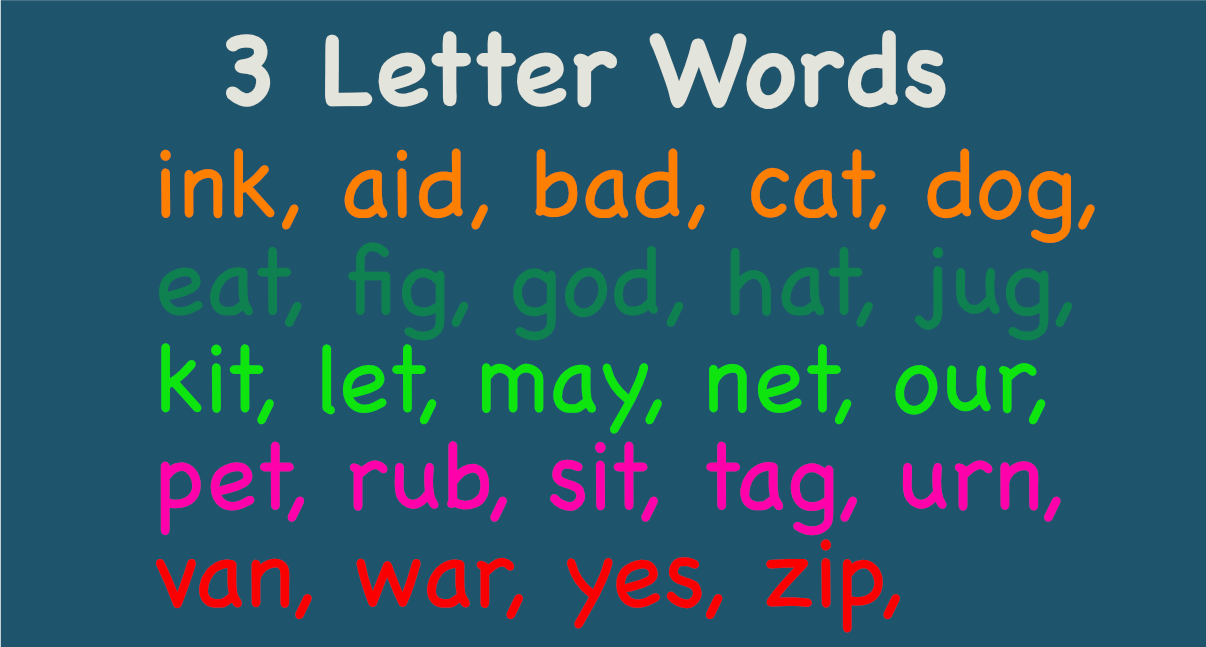
Number sense is a cluster of skills that help children perform basic mathematical operations. The development of number sense is an important indicator of success in math in the early grades.
Children who demonstrate a strong foundation in number sense will do better in math, and this ability can be taught. Moreover, it is strongly related to later achievement in math in the elementary school.
Contents
- 1 Number Sense Is A Group Of Skills That Perform Basic Math Operations
- 2 Number Sense During Kindergarten Is Crucial For Academic Achievement
- 3 Developing a Sense of Subgroups
- 4 It Is A Strong Predictor Of Math Achievement In Elementary School
- 5 Pattern Recognition in Numbers
- 6 Teaching the Number Sense Skill
- 7 It Is A Math Skill
- 8 Grouping Objects
- 9 Developing Number Sense
- 10 Why It Is Important to Be Intentional About Teaching Number Sense
- 11 Mindful Math Program
Number Sense Is A Group Of Skills That Perform Basic Math Operations
The foundation for a child’s mathematical understanding begins with number sense. By developing this foundation in kindergarten, a child is better equipped to handle more complex problems as he or she advances through elementary school.
Developing number sense helps a child develop a love for math, which in turn supports the development of reading skills.
Children who have developed number sense are able to compare the relative magnitudes of numerals and can perform simple arithmetic calculations.
Early math educators, including Jordan, Huttenlocher, and Levine, explain that children with this skill are able to answer questions such as, “Which is bigger: seven or nine?” By contrast, children who do not yet have this skill respond with “I don’t know” or a “wild guess.” This knowledge is essential for young children as they move on to 1st grade.
Number sense is a group of skills that allow students to perform basic math operations without the use of traditional algorithms. This means that students have a deep understanding of how numbers work, as opposed to simply understanding them. This means they can make comparisons with maths they see in the real world.
Number Sense During Kindergarten Is Crucial For Academic Achievement
A recent study shows that the development of number sense during kindergarten is crucial for academic achievement. In the study, children in low-income families who have a low number sense performance were more likely to repeat a grade and develop a learning disability in elementary school.
These skills are crucial for a child’s development and future success in math and literacy. Therefore, a kindergarten program should be centered on the development of number sense from an early age.
Often, traditional programs do not focus on this skill early, leaving children with a limited set of ideas about number. Instead, children are forced to count by rote and have difficulty mastering basic facts.
Developing a Sense of Subgroups
While counting is an important skill for children, it is not the only important one. Children must also develop their sense of subgroups. One way to do this is by presenting different objects in different arrangements.
For example, a child may say, “I see six stamps in a cluster of four, and two stamps in a pair of twos.” The different arrangements will prompt different mental strategies.
It Is A Strong Predictor Of Math Achievement In Elementary School
Children’s number sense is critical for their success in the math curriculum, and it is a powerful predictor of later math achievement. Children with poor number sense struggle with basic mathematical algorithms. In addition to enabling flexibility in problem solving, number sense also provides an understanding of how numbers work.
This study extends earlier work by tracing the development of number sense from kindergarten to grade two. The objectives of the study were to understand how number sense develops in students and to identify different growth patterns.
They also found that children who had strong number sense in kindergarten were also more likely to succeed in elementary school.
Number sense is a key foundation for math development, and it is often underdeveloped in children from low-income families.
Early exposure to numbers is particularly important for these children, as many enter elementary school without having any previous number-related experiences. Children who develop number sense at an early age are far more likely to succeed in math.
Number sense is the ability to count individual items, but also grouping items into sets of three or more. Students may also recognize patterns or the five-frame and know how many objects are in sight without counting. These skills are referred to as subitizing and are key for building number sense and mental math skills.
Pattern Recognition in Numbers
This ability to recognize patterns in numbers, understand number operations, and compare different amounts are critical for success in elementary school.
Children develop number sense through practice and experience. The more children use numbers, the more they will develop it. They will learn how to manipulate them and apply them in their everyday lives.
Although the ability to calculate addition and subtraction in kindergarten is a strong predictor of school achievement, it’s not the only important factor. Reading and attention are also important factors. They are more powerful predictors of later math and reading achievement than language and family socioeconomic status.
Teaching the Number Sense Skill
Although number sense is important, teaching children to develop this skill is a more difficult task than many parents think. This skill takes time to develop, but it’s important for children to acquire it early. This will help them develop consistency and understanding of math.
While students with math difficulties often have a hard time with addition and subtraction combinations, these difficulties persist across grade levels.
Even though they perform better on math standardized tests than their peers, they struggle to learn how to factor and solve algebraic equations. Students who struggle with math often lose their enthusiasm for the subject.
The dynamic nature of number sense in early childhood indicates the importance of studying the factors that promote or hinder the development of these skills. These factors can affect the development of three components of number sense: conceptual understanding, number sense, and story problem solving.
It Is A Math Skill
The development of number sense is a crucial part of early schooling. Young children develop their understanding of the relative magnitude of numerals, and they can perform simple arithmetic operations.
According to Jordan, Huttenlocher, and Levine, the concept of counting words begins to emerge in young children. This underlying concept paves the way for formal mathematics instruction and helps children develop number sense.
Number sense can be developed by offering a variety of opportunities for children to discover numbers. This is particularly true for children who are only beginning to learn counting. Children need repeated experiences with counting to develop a strong number sense and build fluency. This is important for developing more complex mathematical concepts later on.
Grouping Objects
Children also need practice with grouping objects. The National Council of Teachers of Mathematics recommends providing several opportunities for students to develop this skill.
One way is through concrete materials like ten-frames, which consist of a rectangle with two rows of ten equal spaces. Once children have mastered this skill, they can move on to more abstract materials, such as dot cards.
In kindergarten, students should be able to understand and apply a variety of strategies in solving problems. For example, they can make connections between two numbers by using a number line or by using addition and subtraction. This way, they will have many ways of solving problems and will strengthen their number sense.
The research shows that number sense is important for mathematics achievement. It is particularly important for children in low-income neighborhoods, as these children are more likely to repeat grades and have learning disabilities.
In addition, children from low-income families show math delays relative to the norm in preschool, and these gaps do not decrease throughout the school years.
Developing Number Sense
Developing number sense in the kindergartens is the first step to effective mathematics instruction. Without it, children will have trouble with more complicated math concepts and everyday tasks.
Ultimately, without this essential skill, they will have difficulty with addition and multiplication. That’s why it is essential to develop number sense skills in kindergarten.
One of the most important early number sense skills is counting. This skill can be taught through repetition. Children need a lot of practice to get comfortable with counting. Simple objects, such as buttons, rocks, and beans, can be used as counting objects. Counting is one of the foundations for reading comprehension and a love of math.
Why It Is Important to Be Intentional About Teaching Number Sense
A study showed that intervention with number sense increased the percentile score of children in the intervention group by 45 percentile, whereas language intervention improved language scores by only a few points.
The original participants for this study were 132 kindergartners. They were randomly assigned to one of three groups. Children in each group were divided into equal-sized groups. This made it possible to see how effective the interventions are.
Mindful Math Program
The Mindful Math program helps build number sense in children by changing the math block in a positive way. The program is available for children in kindergarten, first grade, and second grade. The program includes FREE resources and effective strategies that help students develop number sense in a positive way.



